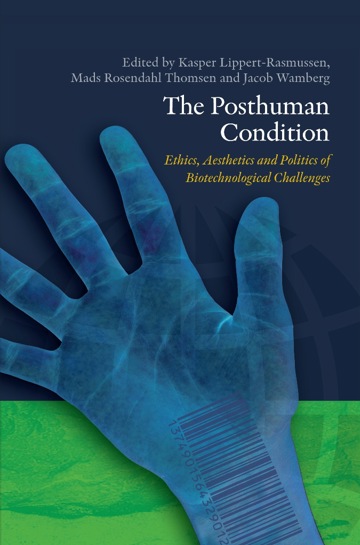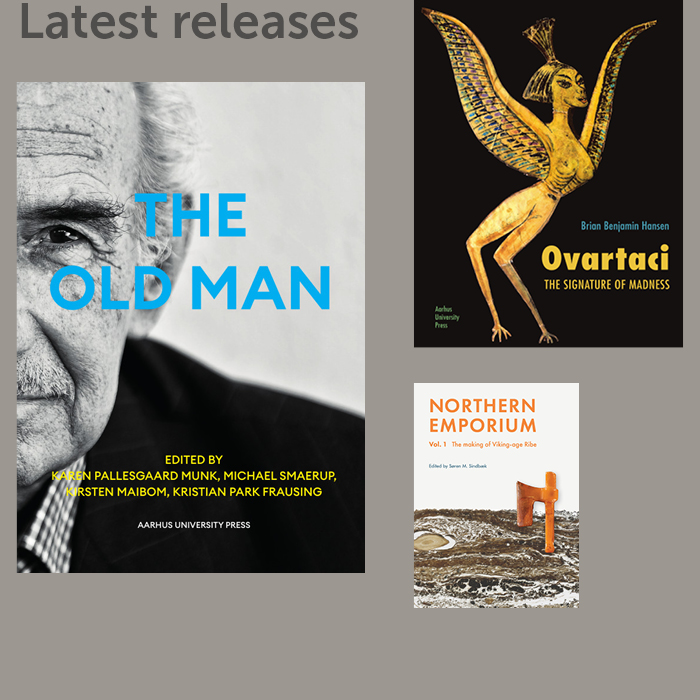
The Posthuman Condition
Ethics, Aesthetics and Politics of Biotechnological Challenges
A part of the subject areas Cultural studies, Social sciences and
Edited by
Kasper Lippert-Rasmussen,
Mads Rosendahl Thomsen and
Jacob Wamberg
With contributions by
Gert Balling,
Lene Bomann-Larsen,
Sarah Chan,
Lone Frank,
Francis Fukuyama,
Chris Hables Gray,
John Harris,
Søren Holm,
Kasper Lippert-Rasmussen,
Maxwell J. Mehlman,
Julian Savulescu,
Mads Rosendahl Thomsen,
Torbjörn Tännsjö and
Jacob Wamberg
More about the book
About the book
If biotechnology can be used to "upgrade" humans physically and mentally, should it be used at all? And, if so, to what extent? How will biotechnology affect societal cohesion? Can the development be controlled, or is this a Pandora's box that should remain closed?
These are but a few of the perplex questions facing scientists as a result of the increasing ability of technology to change biology and, in turn, profoundly change human living conditions. This development has created a new posthuman horizon that will influence contemporary life and politics in a number of ways.
The Posthuman Condition addresses the challenges of:
- Imagining a society where the properties of humans have shifted radically
- Assessing the scope of deploying technologies that are already underway
- Basing decisions on an ethical foundation that does not entail a concept of human nature
- Ascertaining the types of political action that can and should be taken in the face of this situation
The anthology brings together researchers from a wide range of disciplines: biotechnology, medicine, ethics, politics, and aesthetics, and among contributors are Francis Fukuyama, Julian Savulescu, Maxwell Mehlman, John Harris and Chris Hables Gray.
For purchases outside of Denmark:
If you are located in the USA or Canada, please contact our US distributor, Longleaf Services, at orders@longleafservices.org or +1 919-503-6590.
For purchases in all other countries, you can find the title through our global distributor, The Mare Nostrum Group, here: https://mngbookshop.co.uk
Table of contents
Part I - Technological Scenarios
Cyborging the Posthuman: Participatory Evolution
How Close Are We to Being Able to Achieve the Transhumanist Vision?
Genetics - It Just Got Personal
The Medicine of the Future - Live Long and Prosper?
Part II - Ethical Dilemmas
Post-What? (And Why Does it Matter?)
Treating Symptoms Rather Than Causes? On "Enhancement" and Social Oppression
A Liberal View on Liberal Enhancement
Part III - Artistic Responses
Three Ways of Change: The New Human in Literature
Artistic Consequenses of Technology Insinuating Itself into the Human Body
Dehumanizing Danto and Fukuyama: Towards a Post-Hegelian Role for Art in Evolution
Part IV - Political Possibilities
Agency or Inevitabllity: Will Human Beings Control Their Technological Future?
Biological Egalitarianism: A Defense
Enhancing Equality




